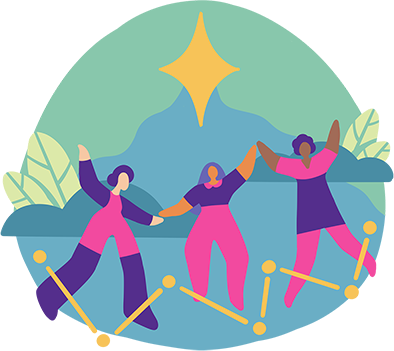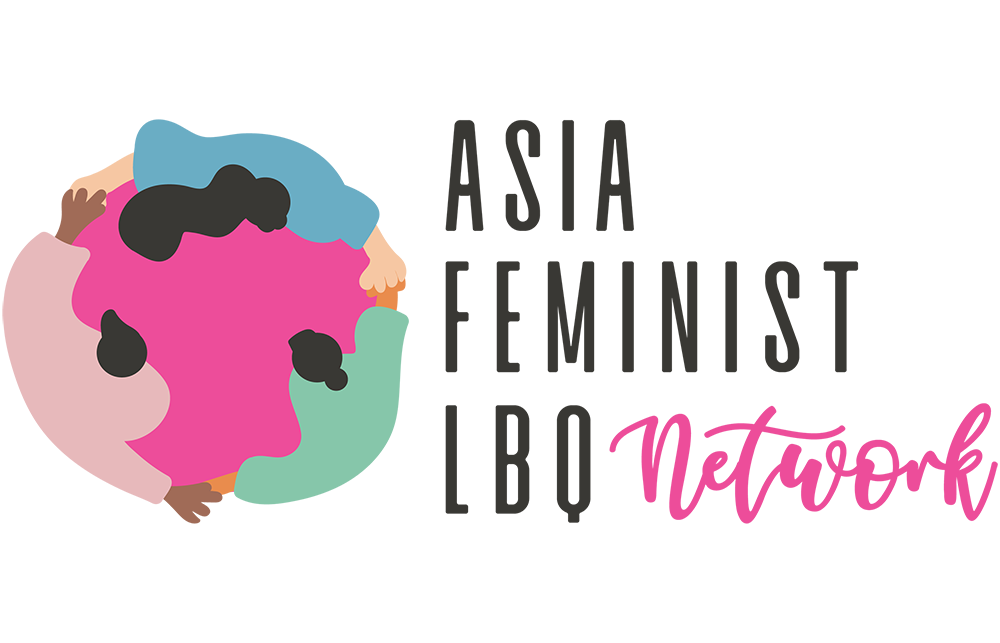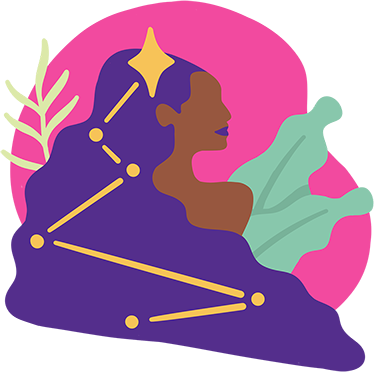About ASIA Feminist LBQ Network
 In many parts of Southeast Asia, lesbian, bisexual, and queer (LBQ) persons continue to face multiple and intersecting forms of discrimination, arbitrary persecution, and socioeconomic marginalization. These experiences often remain invisible, silenced, and unaddressed. Women who identify as LBQ are particularly affected by gender-based violence and lack of visibility within the broader LGBTQI and women’s community.
In many parts of Southeast Asia, lesbian, bisexual, and queer (LBQ) persons continue to face multiple and intersecting forms of discrimination, arbitrary persecution, and socioeconomic marginalization. These experiences often remain invisible, silenced, and unaddressed. Women who identify as LBQ are particularly affected by gender-based violence and lack of visibility within the broader LGBTQI and women’s community.
In addition, within Asia, the movement for LBQ rights is growing and facing many challenges. Queer feminist organizing is taking place amidst institutionalized patriarchy and rising political authoritarianism, the expansion of neoliberal trade policies that increases disparities in social welfare, the feminization of poverty, the COVID pandemic, as well as forced migration and displacement due to sociopolitical conflicts. There is an urgent need to amplify LBQ perspectives and influence within the LGBTQI and women’s movements in order to effectively and intersectionally meet these challenges.
Some mainstream grassroots organizations and activists have implemented feminist methodology and approaches in community building. However, the key actors, like national registered NGOs and LGBTQI organizations with some resources, have very little research and few programs that are distinctly feminist and intersectional. These stakeholders do not have the data or lived experience to effectively include LBQ persons in their advocacy, nor do they have strong partnerships with LBQ-led organizations to guide their work. LBQ activists need a space to define and advocate for their own needs, strengthen the capacity of individual leaders and grassroots organizations, coordinate advocacy efforts through regional networks, and develop a collective queer feminist voice.
In a recent (2020) report released by Mama Cash and the Astraea Lesbian Foundation for Justice entitled “Vibrant Yet Under- Resourced: The State of Lesbian, Bisexual and Queer Movements”, it was noted that there is chronic under-funding in Asia Pacific. The median annual funding for Asia Pacific LBQ groups is US$1,170 per organization. Underinvestment in LBQ-led groups has resulted in activist burnout, ongoing erasure of LBQ experiences, organizational volatility and unsustainable workloads, and limited capacity for program and strategy development. On a regional and global scale, it is evident that the needs of LBQ people are often overlooked.
AFLN looks to formalize the Asia Feminist LBQ Network (AFLN) by registering its legal status in Bangkok, Thailand and roll out innovative programs to create spaces where LBQ feminist activists learn, plan, and strategize around LBQ rights and gender equality advocacy to improve the lives of LBQ persons in Southeast Asia. It will be the first of its kind in Southeast Asia, and will expand upon the success of the first ASEAN Feminist LBQ Meeting in 2019.
The Asia Feminist LBQ Network played a key role in organizing the first LBQ consultation in Asia Pacific in 2017 at ILGA Asia’s pre-conference of LBQ women in Phnom Penh, Cambodia. This was followed by the first ASEAN Feminist LBQ Meeting on October 25-27 2019 in Bangkok, Thailand to formalize the strategic formation and development of the network with 43 Southeast Asian LBQ-identifying feminist activists from 10 countries.
The countries represented were Indonesia, Singapore, Brunei, Singapore, Cambodia, Vietnam, Myanmar, Thailand, Timor Leste, Philippines and Hong Kong (the participant is an organizer for ASEAN migrant workers based in Hong Kong). Participants in the Meeting identified issues and challenges that LBQ persons have to face in Southeast Asia:
- Lack of recognition by the state
- Socioeconomic precarity
- Failure of the education system
- Violence in private spaces & impact on LBQ mental health
- Lack of LBQ-friendly healthcare research and sexual and reproductive healthcare services
- State discrimination & persecution
- Gap between state commitments, laws, & interpretation/embodiment
- Religion is institutionalised against sexual diversity
- LBQ persons seen as threats to Southeast Asian family, culture, & traditions
- Lack of LBQ issue prioritization & safe spaces in movement-building
- Disproportionate & uneven funding
- Lack of documentation, data, stories, & research in Southeast Asia on all issues
The convening ended with a collective agreement to look into formalizing a feminist LBQ persons’ network for Southeast Asia and an exercise to imagine what the network will look like: Support system, Resource sharing, Collaborations and partnerships. The plan was delayed due to the Covid-19 pandemic. During the pandemic, the Network managed to do a research project and published a report on “Making the Invisible Visible in Southeast Asia: How COVID-19 escalates violence and discrimination against LBQ communities” to increase awareness, knowledge production and advocacy efforts. From the middle of 2021, we started to seek for resources to start the formalization and got the support from various funders as the first step.
Subsequently, the Network also organised the first ever lesbian pre-conference at ILGA Asia Ho Chi Minh 2022.
The Asia LBQ Feminist Network is a regional organisation in Asia that works to create a sustainable and intersectional human rights movement for the social and political inclusion of LBQ persons.
We envision a world where LBQ persons are free, visible and included in all levels of society.
- Stronger organising capacity among LBQ community members to effect change.
- Changes in public understanding of LBQ/LGBTQI issues and communities and/or new narratives by and about historically oppressed people within LGBTQI communities.
- Changes in or incremental progress toward laws, institutional practices, and policies that will benefit LBQ/LGBTQI constituencies.
- Stronger relationships, alliances, and partnerships with civil society organisations and state and non-state actors.
We acknowledge that combating patriarchy, classism, racism, transphobia and inequality are parts of the fight for Lesbian Bisexual Queer (LBQ) rights.
Creativity
We value innovation and are willing to be different and take experimental risks in order to make things work.
Leadership
We take the lead in advocating and setting the agenda. We build change-makers. We uplift and take space LBQ leaders and platforms.
Dignity
We promote the dignity of LBQ persons. We protect our staff from abuse. We lift up and embrace one another.
Informed
We make decisions based on research, data, knowledge, consultation, lived realities, and experiences.
Courage
We are willing to face challenges and live with courage. We are courageous in putting forward and bringing our ideas, proposals, and advocacy to life.
Pragmatic
We are aware of the complexity of the socio-political context and culture of our region. We will need to work with authoritarian governments and institutions in limited ways in order to carry out our mission and vision.
Communitarian
We embrace the relationships, networks, and empathy among ourselves in the community. We acknowledge where we come from and where we ought to bravely pursue.

